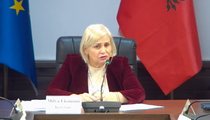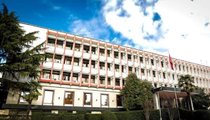Land sales, Albania's "impasse" with the EU - Kolasi: The relevant law is expected to be approved soon. Implementation will take a long time
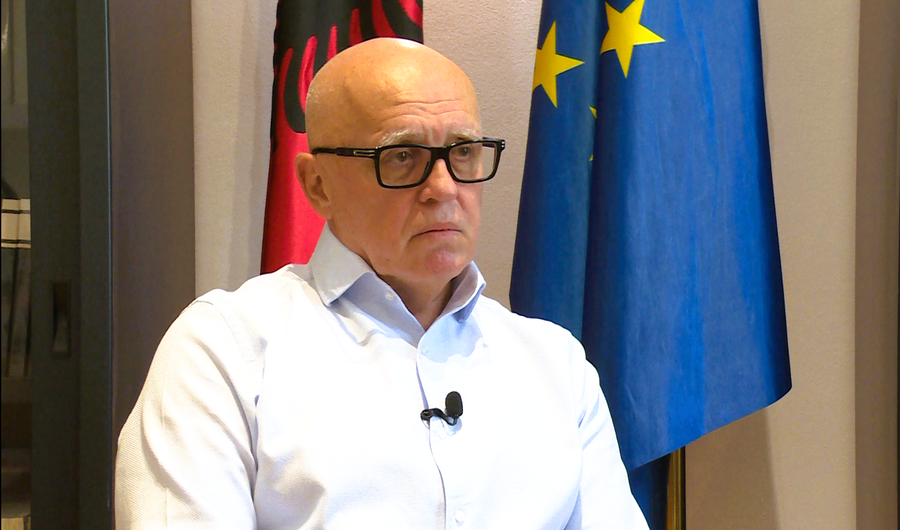
The sale and purchase of agricultural land and forests is one of the challenges Albania faces in the approximation and implementation of legislation with the EU regarding the Movement of Capital.
With membership in the European Union, an Albanian will have no restrictions on purchasing agricultural land in any of the EU countries, but an EU citizen should also have no restrictions on purchasing land in Albania. Currently, Albanian law prohibits a foreign citizen from purchasing land in Albania.
"If we refer to chapter 4, it is generally considered that there is a satisfactory approximation regarding payment services, there is progress in what is called the fight against money laundering in relation to the approximation with the regulations of international organizations that control money laundering. Meanwhile, the so-called sale and purchase of agricultural land and forests for citizens of the European Union remains a priority. This is an unfulfilled task, for which it has currently been agreed that the relevant law will be adopted during this period, for which the Albanian government has made commitments within 2027. Meanwhile, the implementation of this law will require a longer time and this has also been agreed with the European Commission", said Kolasi.
Meanwhile, regarding the adoption of the euro in the future, Kolasi stated that we have a good level of convergence with the EU.
"If we look closely at the macroeconomic developments that have occurred in Albania in recent years, they have contributed to narrowing the gap that exists between the parameters produced by the Albanian economy and those of the Eurozone. In other words, a kind of convergence has been achieved."
The Bank of Albania is the institution leading the negotiation process with the European Union for Chapter 4 relating to Capital Movement and Chapter 17 on Economic and Monetary Policies.
Full interview with Gramos Kolasin, Director for Coordination at the Bank of Albania
In general, the approximation of legislation is considered to be at a satisfactory level. However, this does not mean that we are fully aligned, we still have some way to go. For both Chapter 4 and Chapter 17, there are still some legal changes that need to be adopted in order for the legislation to be aligned to the level requested by the European Commission in the last bilateral screening meetings. If we refer to Chapter 4, it is generally considered that there is a satisfactory approximation regarding payment services, there is progress in what is called the fight against money laundering in relation to the approximation with the regulations of international organizations that control money laundering. Meanwhile, the so-called sale and purchase of agricultural land and forests for citizens of the European Union remains a priority. This is an unfulfilled task, for which it has currently been agreed that the relevant law will be adopted during this period, for which the Albanian government has made commitments within 2027. Meanwhile, the implementation of this law will require a longer time and this has also been agreed with the European Commission. Also, another priority that remains in relation to chapter 4 has to do with the review of the bilateral agreements that the Albanian state has with other non-EU member states, which should be reviewed in the spirit of the criteria that the European Commission establishes in this field.
However, this is not as high a priority as the law on the sale and purchase of agricultural land and forests. Meanwhile, with regard to Chapter 17, it should be said that we have a satisfactory approximation in relation to monetary policy, while with regard to economic policies, the approximation is partial and further steps need to be taken. With regard to the first part, monetary policy, it is understood that the main priority remains the approximation of some specific criteria related to the independence of the Central Bank, mainly these imply legal changes which, based on the plan that we have undertaken as a country, are also assumed to need to be reviewed by 2027. Meanwhile, with regard to economic policies, there is progress in relation to the supervision of public finances, but in this area too, the European Commission requires greater progress, especially in terms of the creation of a special institution that will deal with planning, coordination and review of fiscal accounts, in the sense of stronger discipline of public finances. For both chapters, there is a satisfactory level of approximation, at the same time, the Commission has assessed that the seriousness of the respective working groups for both chapters is satisfactory and there are all the premises for the approximation for both chapters to be achieved within the required period or the one we have undertaken as a commitment until 2027.
The Bank of Albania will continue to be our Central Bank for a while even after a supposed membership in the European family. As long as Albania will continue to have its national currency, of course the Central Bank will continue to have the classic functions that any Central Bank has. Meanwhile, at a second moment, when Albania will officially adopt the euro, then the functions of the Central Bank will be the same, but in this case, monetary policy is a decision-making process that belongs to the European Central Bank and the national banks part of the Eurozone are obliged to deal with the implementation of the ECB's decisions in their respective countries. In this sense, the Central Bank of Albania in that second period will continue, like its sisters, with the implementation of monetary policy, while on the other hand it will continue with its classic functions, dealing with banking supervision, with the regulation of the banking system, with the regulation of payment system services and other smaller issues related to central banking, but more or less the functions will continue to be the same, only that the power of political decision-making in the field of monetary policy is transferred to the ECB.
If we look closely at the macroeconomic developments that have occurred in Albania in recent years, they have contributed to narrowing the gap that exists between the parameters produced by the Albanian economy and those of the Eurozone. That is, a type of convergence has been achieved. If we take, for example, per capita income, it has increased significantly, it is still far, but it has increased. Likewise, if we look at inflation for a relatively long time, it is at very stable levels, there are no price fluctuations. On the other hand, public debt has also suffered a considerable level of decline. The convergence process is a process in continuous development, regardless of whether the doors of Europe open to us today or tomorrow. The official policy of the European Commission is such that after joining, you must bring the economy to a certain level, very close to the Maastricht criteria, before you are given permission to adopt the euro as your national currency. Unilateral adoptions of the euro currency are unfulfilled, impermissible by the European Commission, especially for countries that have officially applied to become members of the EU. This would not be a policy favored and supported by the European Commission and the European Central Bank; unilateral adoption of the euro does not exist as an option. On the other hand, each member state is responsible for the fact that at the moment it aspires to adopt a common currency with the European Community, it must have its economy in similar parameters to the rest of the family, otherwise it will be an economy that will lose more than it will benefit from adopting the euro unilaterally.

What happened in the foreign exchange market today?
The US dollar was bought at the beginning of this week at 84.5 lek and sold at 85.5 lek, not experiencing any significant change from the previous week......

Digital register for olives - Lushnja, Fieri, Mallakastra and Vlora with new map
The Fushë-Krujë Agricultural Technology Transfer Center has announced the opening of the tender for a field study for the identification, registration and......
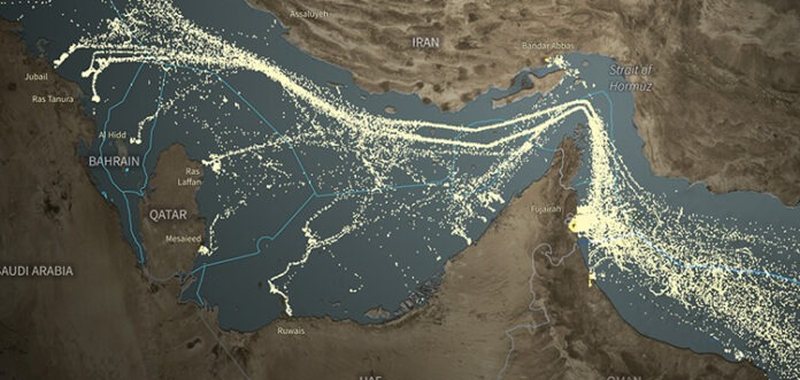
Why is the Strait of Hormuz so important? - A total blockade would push the price of oil above $200 per barrel
'Bab as-Salam' or 'Gate of Peace' has been the name of the Strait of Hormuz in Arabic for centuries. This key waterway could become the gateway to a wider......

Tourism "invites" capital from outside the EU/ Accommodation becomes a gateway for non-European capital in Albania
About 5.3% of active enterprises in Albania are foreign-owned or have joint ventures with international partners, according to the latest official data. The......
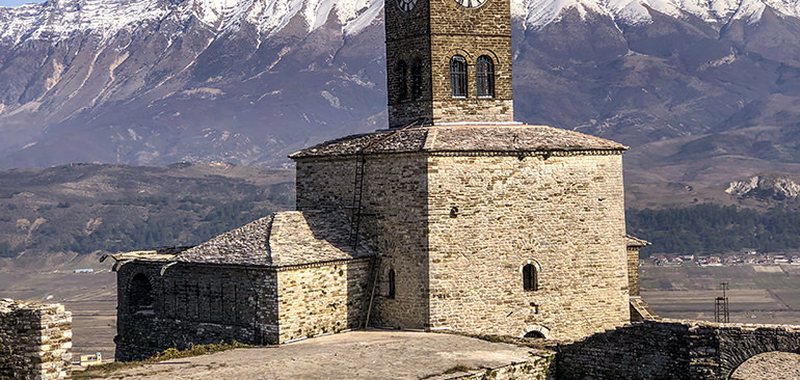
Tourism increases visits to art and culture institutions/ They attract around 788 thousand tourists, the most visited being the Gjirokaster Castle
According to data from INSTAT for 2024, a total of about 1,282 performances and premieres were organized in all major art institutions. The balance is......

Albanians "flock" to the sea / Record boat imports. Italy, Britain and Greece top the list of suppliers
The month of May 2025 marked a historic record in the import of ships, boats and floating structures into Albania, with a total amount of 330.6 million lek,......
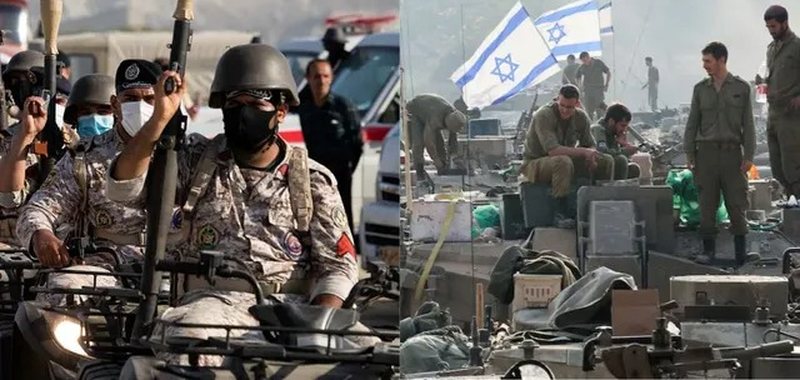
Middle East conflict "divides" Europe - Countries disagree on Israel's right to attack Iran
Clashes within the European Union over Israel's attack on Iran are expected to come to the fore during a meeting of ambassadors in Brussels, hampering the......
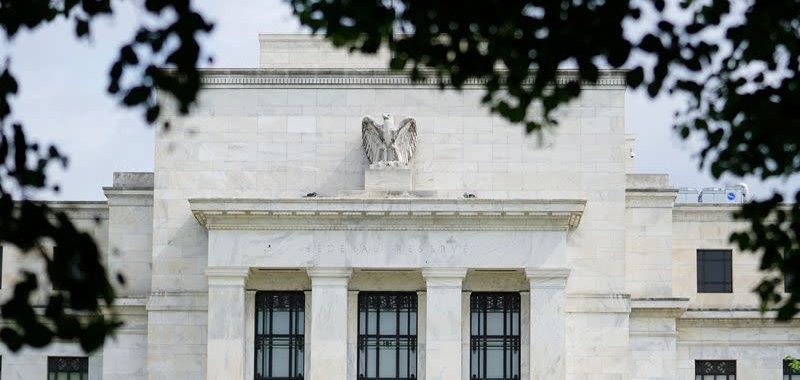
Fed keeps interest rates unchanged - But Trump wants them cut to ease government spending
The United States Federal Reserve decided to keep its key interest rate unchanged while awaiting further information on the impact of tariffs and other......






